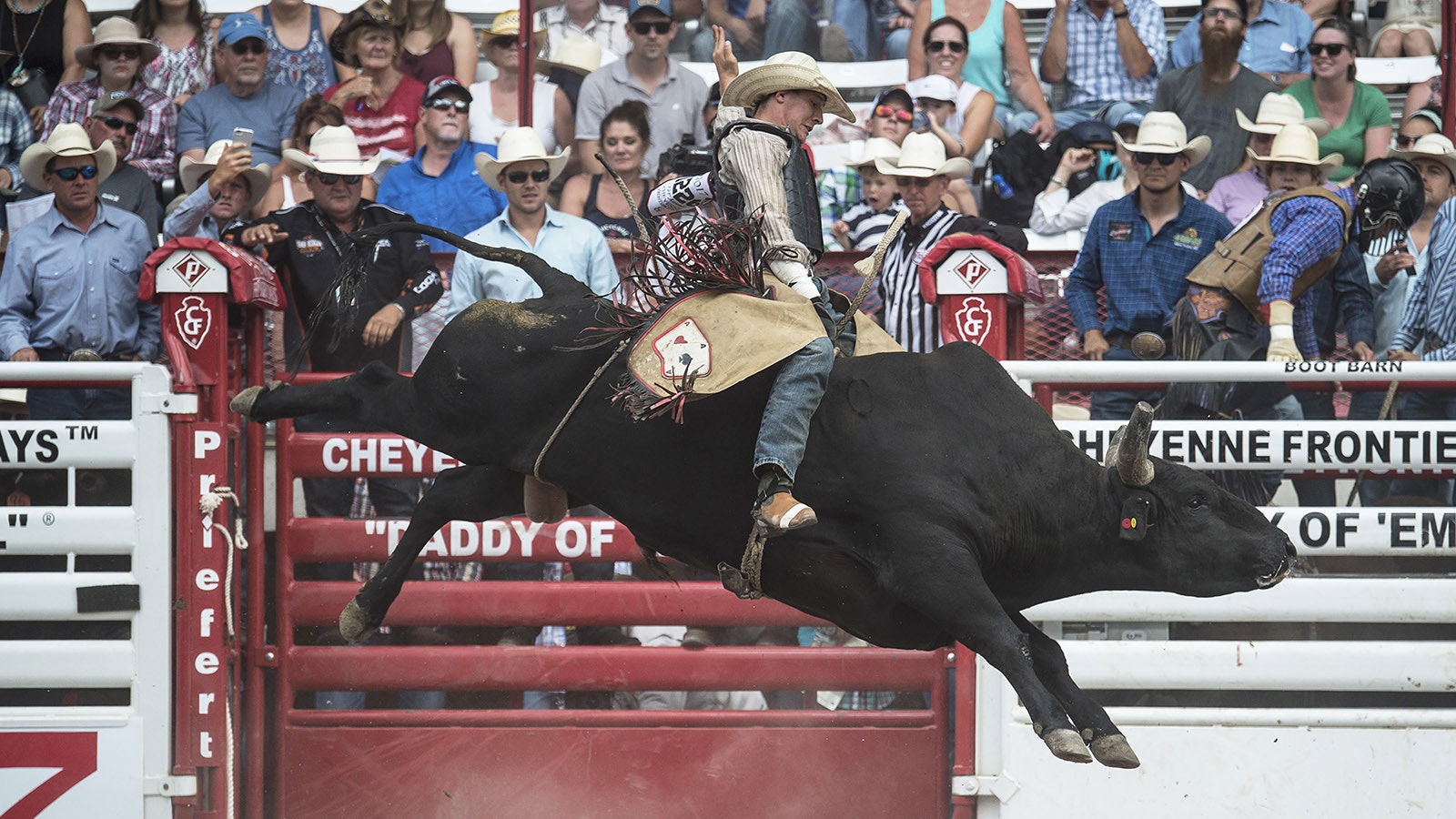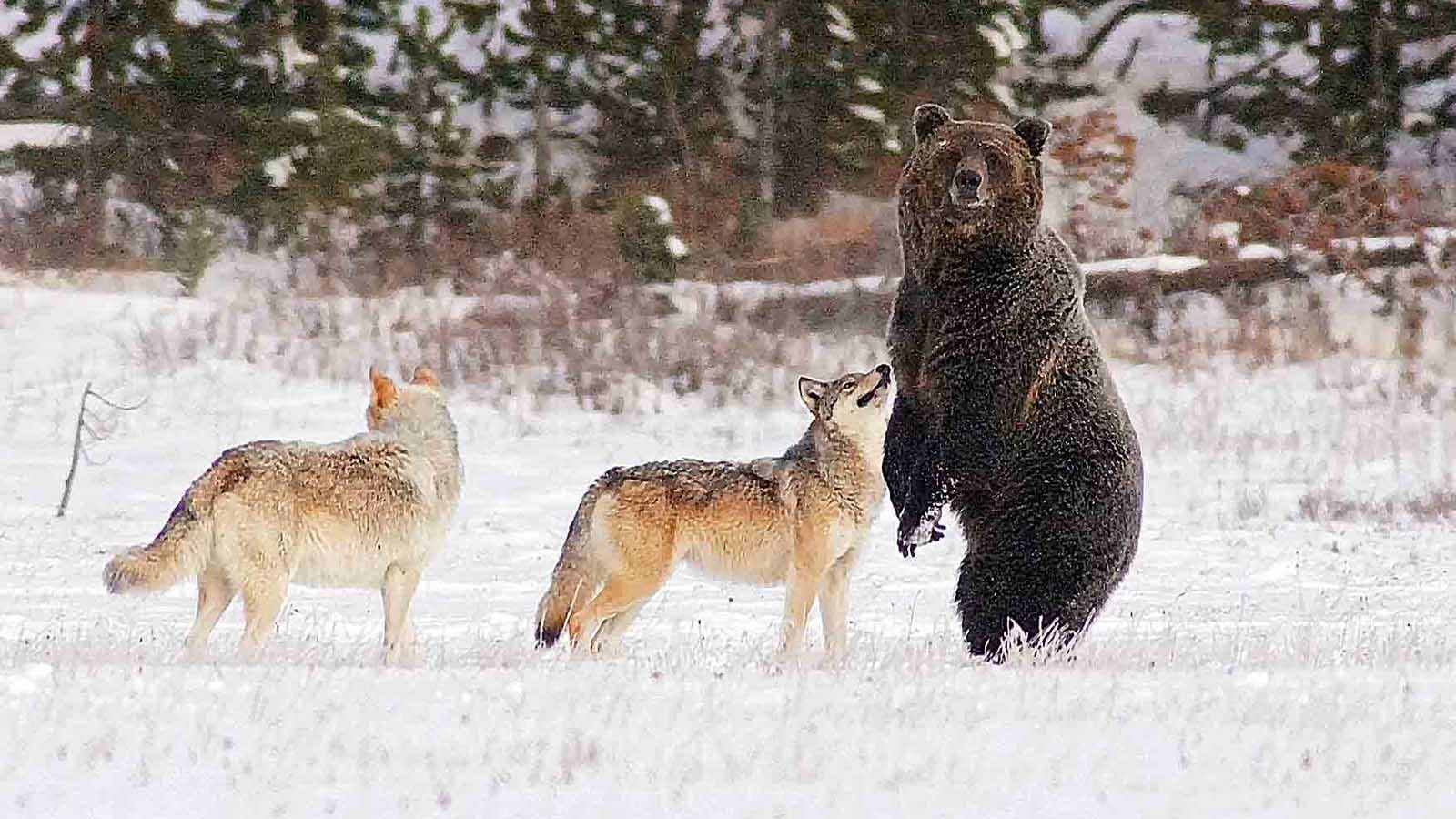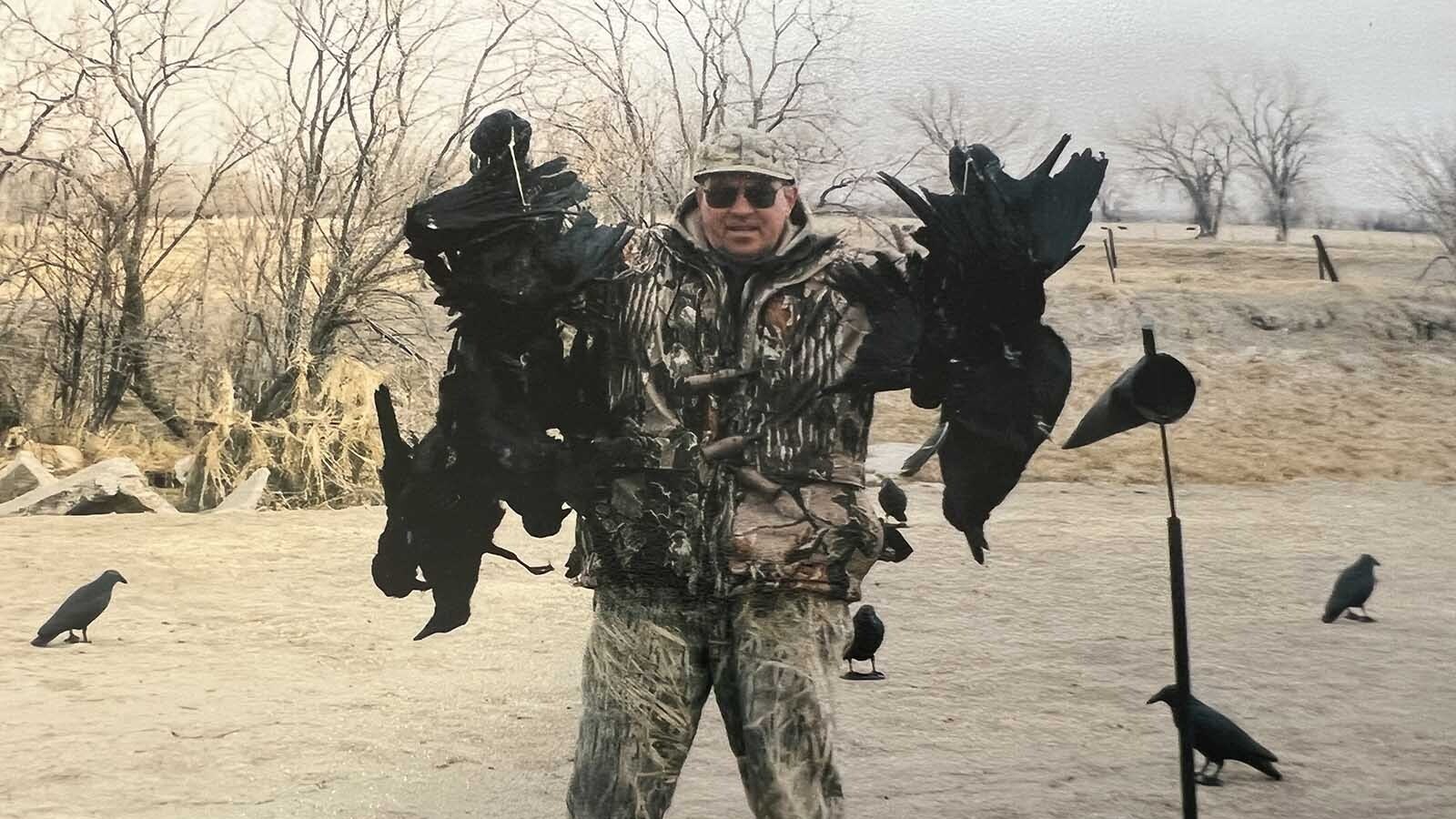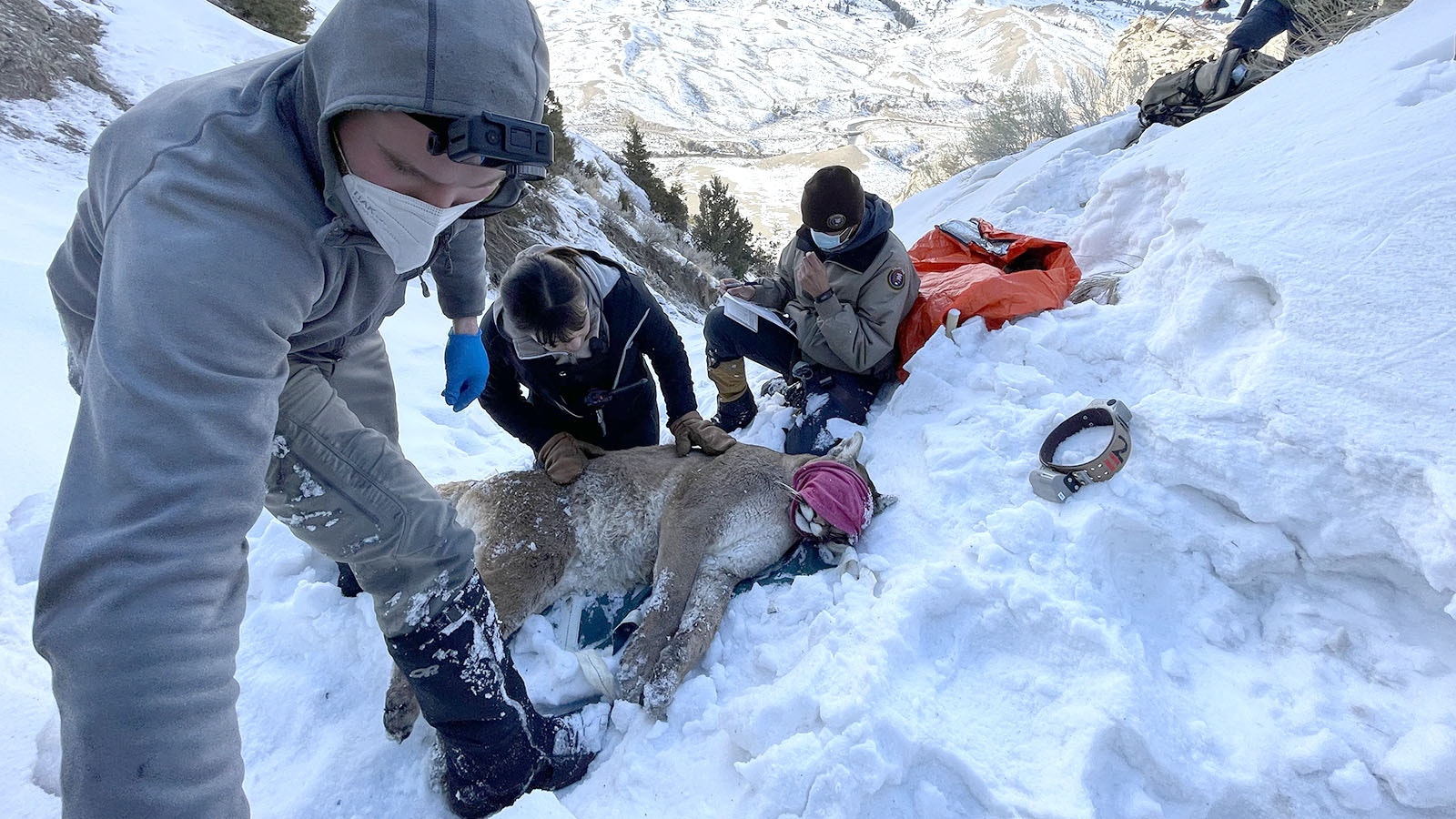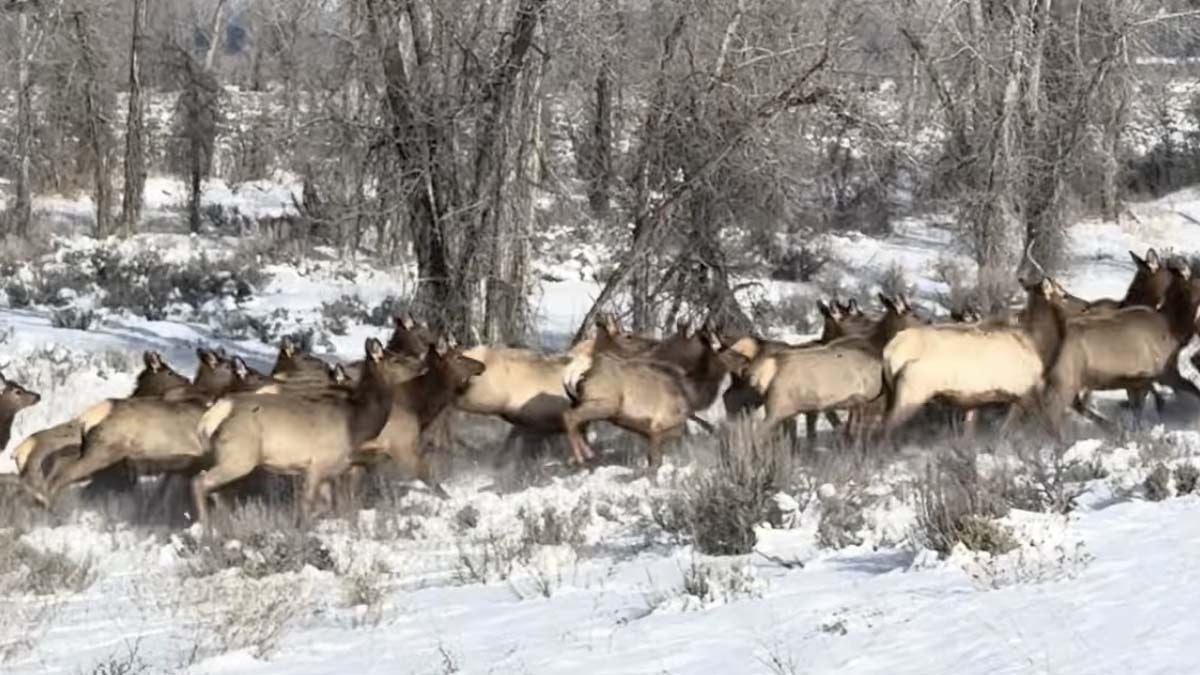House Bill 95, titled the “Working Animal Protection Act,” would have made it so local boards and governments couldn’t enact bans on rodeos and other activities that feature working animals.
“This isn’t just about protecting rodeo, it’s about preserving Western heritage and a lot of events that drive millions of dollars into this state’s tourism,” said state Rep. Rachel Rodriguez, R-Cody, who sponsored the bill.
The House killed the bill on a close 32-30 vote on its third reading.
Local Control
Ultimately, the idea of the state usurping what has traditionally been decisions made at the county level is what swayed his vote, said Rep. Dan Zwonitzer, R-Cheyenne.
“It’s one of the few bills this year that I would say takes away local control,” he said. “Which is very serious in my mind, telling our municipalities and counties that a policy issue is so great we don’t trust the government closest to the people to make regulations and ordinances which affect them and their communities.”
Rodriguez-Williams said although she believes in local control, it has limits and that “local government is merely political subdivisions of the state.”
Rep. Tamara Trujillo, R-Cheyenne, supported the bill and agreed that control only goes so far, mentioning how she doesn’t give local control to her children about how her household runs and would not support local control used by a Wyoming city or town to legalize marijuana.
“If we want to give it down to local control, welcome to marijuana world,” Trujillo said.
What About Frontier Days?
Rep. Ben Hornok, R-Cheyenne, made reference to the Cheyenne Frontier Days, and the impact on the state if the city of Cheyenne decided to get rid of “The Daddy of ’Em All.”
Fellow Cheyenne Republican Jared Olsen found this argument “a boogeyman concept” and “silly,” as the event is a major economic driver for the city.
“I’m just trying to figure out in my mind when we stopped believing in local control as a core principle of this body and of the majority party more specifically too?” he asked.
Amendments
A few amendments were made to the bill that muddied the waters to its original intent.
There was an amendment made before the bill passed out of the House Agriculture Committee that the law would not override any local public health and safety laws or animal welfare ordinances in place.
There also was an amendment added by Rep. Trey Sherwood, D-Laramie, on second reading prohibiting the bill from superseding any municipal ordinance or policy relating to puppy mills and animal hoarders.
Rodriguez-Williams said the law targets events with working animals, not pets.
“I can’t figure out what the bill does when we say there is a prohibition on doing it, except they can only do what they’re allowed to do,” Zwonitzer said.
A Preemptive Measure
The legislation was drafted in response to a growing number of communities in California banning rodeo events and equipment over concerns for the wellbeing of the animals involved.
Although the California laws don’t explicitly ban rodeo, they would make it more difficult and sometimes impossible to run rodeo operations.
Eric Mills, coordinator for Action For Animals, a California-based organization that generally opposes rodeo practices, told Cowboy State Daily that Wyoming should have a law similar to one in California that requires an on-call veterinarian at every rodeo.
“Seems the very least we owe the animals, right?” he said. “Every rodeo I’ve ever attended has had ambulances and paramedics to tend to injured cowboys, and rightly so. Surely the animals deserve equal consideration.”
Rodriguez-Williams and a few other hardline conservative legislators cited HB 95 as getting ahead of a problem before it starts, a justification used for a number of conservative social issue bills during the 2023 session.
“This bill stands in front of something that is coming down the pipe,” she said.
She mentioned how animal rights activists have protested the rodeo in Cody as an example of a changing culture in the West.
“Animal rights activists target municipalities to enact new municipal codes to prohibit these events. It’s happening all around our country,” she said. “What this bill does is protect agro-tourism in the state of Wyoming, which we value so much.”
Jackson Rodeo
A separate piece of legislation was drafted during the 2023 session to protect the Jackson Hole Rodeo and Fairgrounds as a state historic site.
Save the Rodeo Grounds, a Jackson-based organization that believes its town council plans to highly reduce and or remove the fairgrounds to make way for residential development helped initiate the legislation.
House Bill 218 did not make the deadline to be addressed in the House Travel, Wildlife and Cultural Resources Committee.

